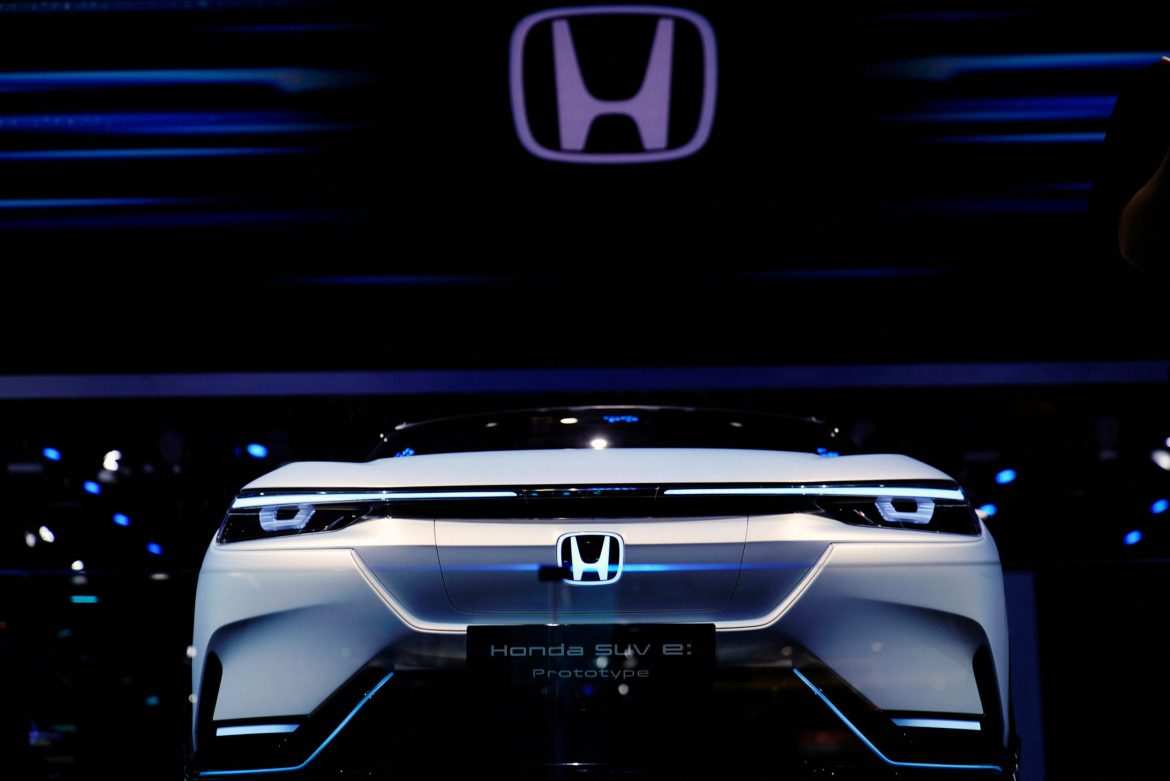TOKYO, Japan — Honda Motor Co. experienced a significant surge in its stock value, rising more than 16% on Tuesday. The increase followed the company’s announcement of a substantial share buyback plan, estimated at up to 1.1 trillion yen (approximately $7 billion).
The company’s stock opened the trading session with remarkable gains, reflecting investor optimism about the buyback initiative. This plan allows Honda to repurchase its shares, a tactic often used by companies to return capital to shareholders and potentially increase stock value by reducing the number of shares outstanding.
Details of the buyback reveal that Honda intends to execute this financial maneuver over a specified period, with plans to acquire shares through market purchases. Investors have responded positively to this news, as evidenced by the sharp rise in Honda’s stock price.
This development comes amidst ongoing discussions between Honda and another major Japanese automaker, Nissan Motor Co. Both companies have confirmed their commitment to begin talks aimed at a potential merger. These discussions are anticipated to explore opportunities for collaboration and potential synergies between the two automotive giants.
Nissan, which has faced its own set of financial challenges, is keen on exploring a partnership with Honda. The merger talks are perceived by market analysts as a strategic move to strengthen both companies’ positions in an increasingly competitive global auto industry.
Honda and Nissan have issued a joint statement confirming the initiation of these discussions. The statement emphasizes the companies’ interest in exploring the feasibility of a merger, which could potentially lead to the formation of a new automotive entity. Such a move would be significant in the context of the global automotive landscape, potentially creating a unified force capable of competing with other major players in the industry.
While the details of the potential merger are still being negotiated, the preliminary discussions have stirred interest among industry observers. Analysts speculate that the merger, if finalized, could lead to significant operational benefits for both Honda and Nissan. These benefits might include cost reductions, enhanced research and development capabilities, and a stronger global market presence.
The merger talks also underscore the changing dynamics of the automotive sector, where companies are increasingly seeking alliances to navigate the challenges posed by technological advancements and shifting consumer preferences. The potential collaboration between Honda and Nissan is seen as a strategic response to these industry trends.

